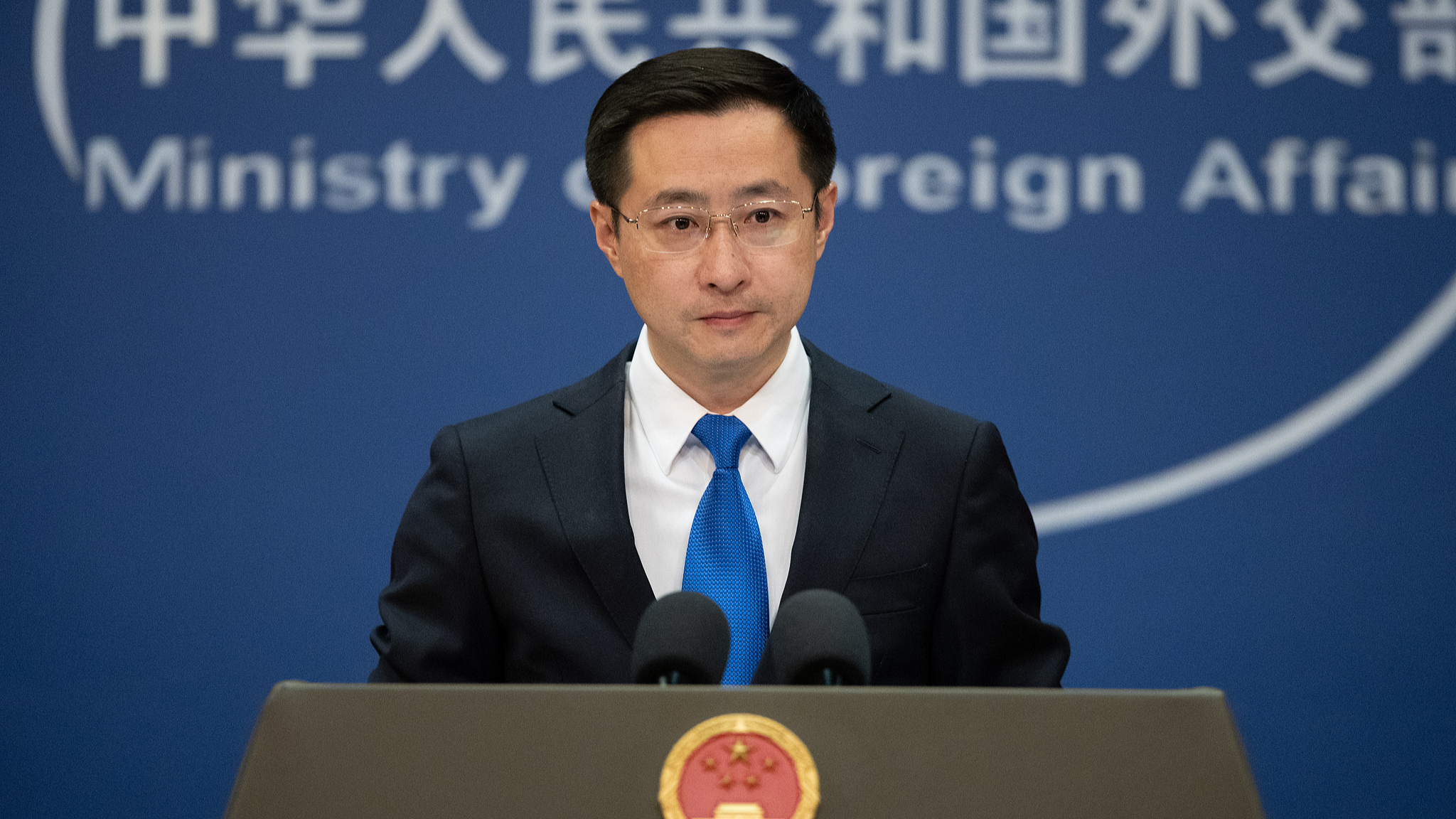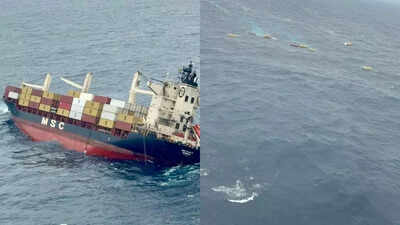
THREAD: china
LifeLine™ Media threads use our sophisticated algorithms to construct a thread around any topic you want, providing you with a detailed timeline, analysis, and related articles.
News Timeline


— China launches new “China-Americas Partnership Forum” to boost influence. The initiative aims to strengthen economic and political ties with 15 Latin American and Caribbean nations amid rising U.S. competition.

CHINA’S Bold Power Grab: Mediation Group Shakes Western Justice
— China has launched the International Organization for Mediation (IOMed) in Hong Kong, making a direct move against Western-led justice systems. Led by China’s top diplomat Wang Yi, the event brought together over 30 mostly developing countries as founding members. Delegates from the United Nations and more than 20 international groups also attended, showing rising global interest.
This puts China at the center of settling international disputes. By building an alternative to Western frameworks, Beijing is pushing for more control over how global conflicts are solved.
Conservatives have warned about China’s growing ambitions for years. The IOMed could weaken America’s traditional leadership in international law and order.
The Biden administration hasn’t responded yet. Many are watching to see if U.S. officials will stand up to China’s latest power move.

CARGO SHIP Disaster Sparks Fears: Israeli Strikes and China’s Bold Space Mission Rock the World
— A cargo ship flying a Liberian flag, MSC ELSA 3, flipped over near Kerala, India on May 25. The ship was loaded with 640 containers, including dangerous chemicals. This accident has people worried about safety at sea and possible harm to the environment.
India’s weather service said the southwest monsoon arrived early this year — eight days ahead of schedule. Experts think this sudden weather change may have played a part in the cargo ship disaster.
In the Middle East, Israeli drones killed four Hezbollah fighters in southern Lebanon. This happened even though there was supposed to be a ceasefire since last November. These strikes are raising tensions in an already troubled region.
At the same time, China is getting ready to launch its first mission to study and collect samples from an asteroid close to Earth. In Europe, leaders agreed to end most economic sanctions on Syria except for those linked to security issues — a signal that some countries may be changing their approach toward Syria’s government.
CHINA CHEMICAL Blast Shocks World: Fears Rise Over Global Unrest
— A huge explosion at a chemical plant in China killed at least five people. Videos online show the disaster’s scale, but Chinese officials have not said where it happened or what caused it. Many are now questioning China’s safety standards and how they handle emergencies.
At the same time, Sudan faces a deadly cholera outbreak that could make its crisis even worse. In Gaza, crowds rushed a US-backed aid site as food and supplies run low.
Back in America, the Trump administration plans to pull $100 million from Harvard University. This move has sparked debate about whether elite schools should get so much federal money.
Meanwhile, Russian troops are moving forward in northeast Ukraine to create a buffer zone — another sign of growing global tension. From Canada’s political drama to protests in Zimbabwe and violence in Jerusalem, unrest is spreading across the world.

CHINA’S $20 Billion Tech Boom: Alarming Surge Fueled by Government Handouts
— China’s digital sales have exploded to $20 billion in just four months. This massive jump is driven by heavy government handouts aimed at boosting online commerce and tech growth.
Beijing is pouring money into digital infrastructure, electronics, and internet services. Their goal? To make Chinese tech firms stronger and push their influence around the world.
This fast growth could shake up global supply chains. American companies now face stiffer competition as China props up its own businesses with taxpayer cash.
Conservatives warn that letting China expand unchecked puts U.S. jobs and security at risk. They urge leaders to put American innovation first instead of letting foreign subsidies win the day.

GLOBAL MARKET Panic: US Sanctions on China Trigger Shockwaves
— Stock markets around the world took a nosedive after the US slapped new sanctions on China’s tech industry. The Biden administration claims China has been stealing American ideas and playing unfair in trade.
Some experts warn these tough measures could start a bigger trade war, hurting supply chains and slowing down the world economy. Asian markets, especially in Japan and South Korea, dropped fast as worries spread about what comes next.
Investors are being told to pay close attention as leaders rush to emergency meetings to figure out their next move. This story is still unfolding and could hit businesses everywhere hard.
— China imposes 50% tariff on Chinese imports The tariffs, targeting products like lithium-ion batteries, are expected to raise costs for consumers and businesses, prompting supply chain shifts

Video
CHINA’S Bold Power Play: New Mediation Group Threatens Western Justice
— China just launched the International Organization for Mediation (IOMed) in Hong Kong, offering a new way to settle global disputes. Over 30 mostly developing countries joined at a ceremony led by China’s top diplomat, Wang Yi. The United Nations and more than 20 groups sent delegates, showing wide interest.
China says IOMed will be flexible and voluntary — unlike Western courts that use strict rules and public trials. Wang Yi claims this method moves past what he calls the “zero-sum mindset” of the West. Many see this as China’s push to grow its influence and fix Hong Kong’s image after years of chaos.
The group plans to help solve problems between countries, states, foreign nationals, and private parties. Hong Kong’s leader John Lee said the city is perfect for this job because of its unique legal system. The headquarters will open in Wan Chai by early 2026.
Supporters argue IOMed adds options but also gives China more control over world conflicts. Legal experts say old courts focus on rulings while IOMed wants neutral talks instead of judgments. This could change how international fights are settled — and put China in the driver’s seat.
